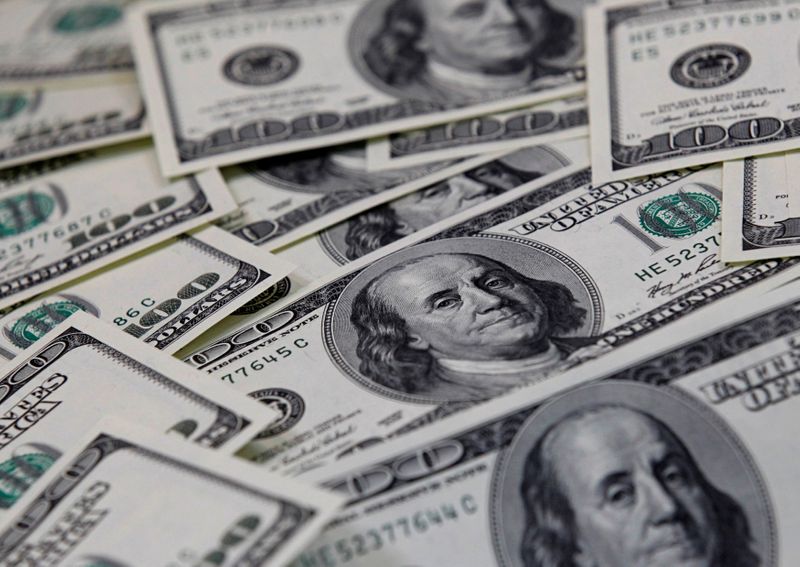(Reuters) - The yield on the benchmark 10-year Treasury note is in a long-term trend lower and, with financial markets awash in cash, it could zigzag down to -0.5% a year from now, even if it drifts up from current levels, according to Guggenheim Investments.
In a research note published on Tuesday, Guggenheim Global Chief Investment Officer Scott Minerd said using sine regression analysis of 10-year rates since the 1980s, yields were seen potentially bottoming at -0.5% by early 2022, bounded by a two-standard deviation range of 1.0% and low of -2.0%.
The driving force is the surge in broad M2 money supply, which has driven short rates practically to zero, but is likely to continue to work its way out the curve.
"As stimulus payments and tax refunds are distributed and more money looks to be put to work, investors will extend maturities on their bond portfolios in a 'reach for yield'," he wrote.
Minerd cited Nobel Prize-winning economist Eugene Fama's Random Walk theory where a securities price can stumble left and right like a "drunk man in the snow" and still maintain a general direction, which for Treasury yields is down.
"The foregone conclusion today is that long-term rates are on an uninterrupted trajectory higher. History tells us something different."

The 10-year yield closed Tuesday at 1.3982%, having reached its highest in a year at 1.614% last week. The rate bottomed at 0.318% in March last year as the coronavirus pandemic began to impact the global economy.